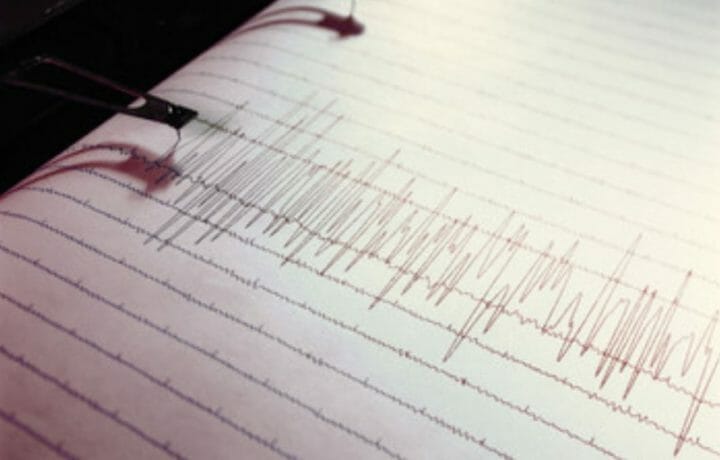With rampant election year leaks making headlines the Director of National Intelligence James R. Clapper announced new steps to help prevent future disclosures. Clapper announced two changes that will now apply to the intelligence community: 1.) that polygraph examinations will now ask whether an individual has disclosed any restricted information, and 2.) additional authority for the IC Inspector General to investigate incidents of unauthorized disclosure.
The change to polygraph procedures is a significant one. The counterintelligence poly has typically focused on foreign influence and potential interaction with foreign spies. With new questioning concerning potential leaks, intelligence professionals will face increased scrutiny for loose lips pointed in a more homeward direction.
For some intelligence professionals, the new requirements are likely to increase hesitancy to have any interaction with the press.
Providing the Inspector General with additional authority increases the IC’s opportunities to prosecute leakers, and ensures administrative inquiries aren’t closed prematurely.
The announcement comes on the wake of major congressional scrutiny and outcry, with legislators from Sen. Diane Feinstein to Sen. John McCain calling for an inquiry into a series of leaks they’re calling a serious compromise of national security.
Clapper emphasized that despite the negative news reports, the professionalism and commitment of the IC workforce hasn’t waned, and he hopes DNI’s steps will become a model for other agencies.
“These efforts will reinforce our professional values by sending a strong message that intelligence personnel always have, and always will, hold ourselves to the highest standard of professionalism,” said Clapper. “It is my sincere hope that others across the government will follow our lead. It is the right thing to do on behalf of the American people and in the interest of our national security.”




